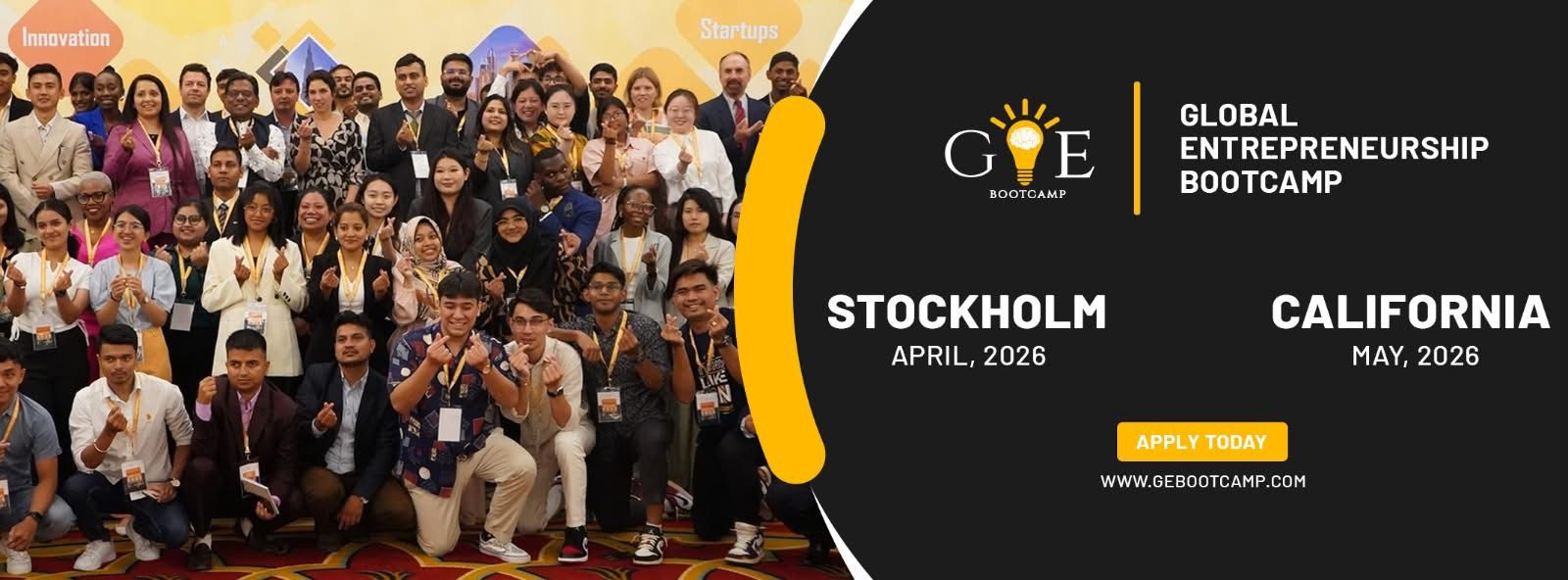
Details
PhD position at the University of Amsterdam, Amsterdam, Netherlands
Faculty: Evolutionary Biology, Faculty of Science – Institute for Biodiversity and Ecosystem Dynamics
About the University of Amsterdam
The University of Amsterdam is a public university in Amsterdam, the capital city of Netherlands. It is the largest university in the Netherlands with a total enrollment of over 31,000. In addition to that, it is one of the largest research universities in Europe. In overall, it has 4,794 staff, 1,340 Ph.D. students and an annual budget of €600 million. The university has seven academic faculties: Humanities, Social and Behavioural Sciences, Economics and Business, Science, Law, Medicine, and Dentistry. However, in 2018 and 2019 the two departments of Media and Communication were commonly standing at 1st rank in the world by subject by QS Ranking.
Key duties
The PhD position holder will perform the following specifications to aid the research project at the University of Amsterdam
- Help to further develop an intensive network with research groups from icipe (Kenya), IITA (Benin and Togo), and through these local partners, with the farmers in these regions.
- Collect larvae from different field sites to rear these to adults for lab and field experiments;
- C onduct chemical analyses of individual females to identify region-specific sex pheromone blends;
- Similarly, conduct lab and field experiments to test region-specific male responses to region-specific female signals.
- Organize population-genetic analyses to identify the species and strains of all collected moths, and to determine possible hybridization events with locally occurring, closely related Spodoptera species.
- Closely collaborate with PhD2 to determine the effects of specific viruses on the sexual communication of the moths;
- Also, be willing to spend at least half the time at field stations in East and West Africa.
- Furthermore, be communicative to all involved academic, industrial and farming partners.
Required qualifications
The ideal candidate will have the following qualifications
- Masters in Biology, with interest in chemical ecology and entomology with experience with fieldwork.
- In addition to that, experience with molecular biological techniques, preferably also with genetic analyses.
- Interest to combine laboratory and field studies with genetic and chemical analyses.
- Skills in experimental design and statistical analysis as well as proficiency in scientific writing and communication.
- Ability to work in an international research team.
- Fluency in English, both written and spoken and also proficiency in French (at least spoken).
- Furthermore, the willingness to assist in the education of BSc and MSc students.
Specifications
| Type of Opportunity | Academic Job |
|---|---|
| Deadline | 16 September,2019 |
| Country | Netherlands |
| Company Name | The University of Amsterdam |
| City | Amsterdam |
